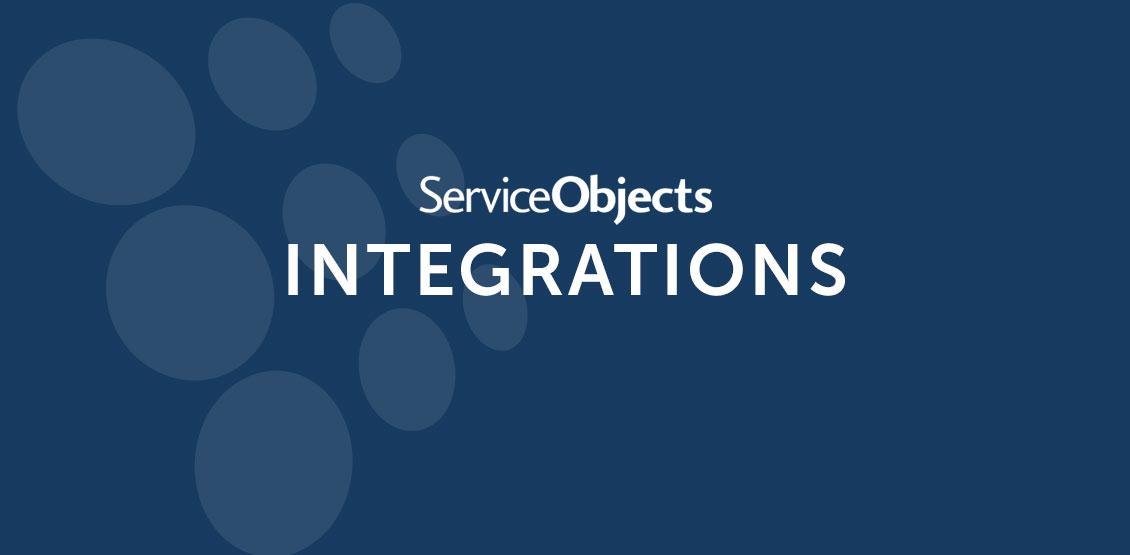Do you know who is responsible for the fastest-growing area of financial fraud nowadays? People who don’t exist.
Synthetic identity fraud costs US lenders over $6 billion per year, including an estimated $1.8 billion in 2020 for unsecured credit products alone. It happens when fraudsters take real data, such as Social Security numbers, combine it with phony contact information such as names or addresses, and uses these identities to commit credit fraud. Compared with identity theft – where criminals steal real people’s identities, use them to open accounts, and never pay them back – synthetic identify fraud is more subtle and hard to detect.
According to Investopedia, it isn’t unusual for fraudsters to build legitimate credit histories with these identities over time, then stop paying on these accounts, making them seem like real customers experiencing financial hardship – and with their actions treated as an uncollectable debt rather than a crime. The average charge-off in these cases is on the order of $15,000, and unsuspecting children are often targets for theft of the original SSN numbers.
Identity verification: a difficult balance
There are real financial consequences for too much or too little effort in assessing a new customer’s identity. On one hand, criminals are increasingly taking advantage of lax approval procedures and oversight. On the other hand, there is also a cost for anything that stands in the way of a frictionless customer experience. People often walk away from legitimate purchases because they are flagged for review and denied instant credit, especially when they are responsible consumers.
A good example of this is in the banking industry, where “know your customer” (KYC) laws require banks to positively identify new customers before opening new accounts. In other industries, businesses must choose the right balance of fraud prevention measures to avoid being at competitive disadvantage. In general, the best strategies are ones that can quietly weed out the bad guys while preserving a positive customer experience for most people.
Why automated solutions are important
When you are assessing a new customer’s identity, few businesses have the resources to trace contact information to its sources – for example, to make sure an address is deliverable, the customer’s name is real and corresponds to their phone number, or any of a number of digital footprints that could lead to a suspicion of fraud. To do so often requires having US Postal Service data, phone system records and known fraudulent email data at your disposal.
This is why automated cloud-based solutions have become so important in the fight against fraud. First, they are frictionless to the customer, and base their results on analysis and cross-referencing of publicly available data. Second, they are highly accurate, leveraging continually updated databases from core sources. Third, the best tools work in real time as part of your business automation environment, flagging cases that are more likely to be suspicious.
Service Objects’ fraud solutions page offers a number of convenient tools that help ensure you are doing business with real people and real contact information. Our bundled DOTS Lead Validation product verifies and cross-checks over 130 data points to give you a quantitative confidence score from 0-100, and our flagship validation products for individual contact data items use authoritative data sources to ensure your contacts are accurate, genuine and up-to-date. Contact us anytime to discuss your own business needs: we are always here to help.





